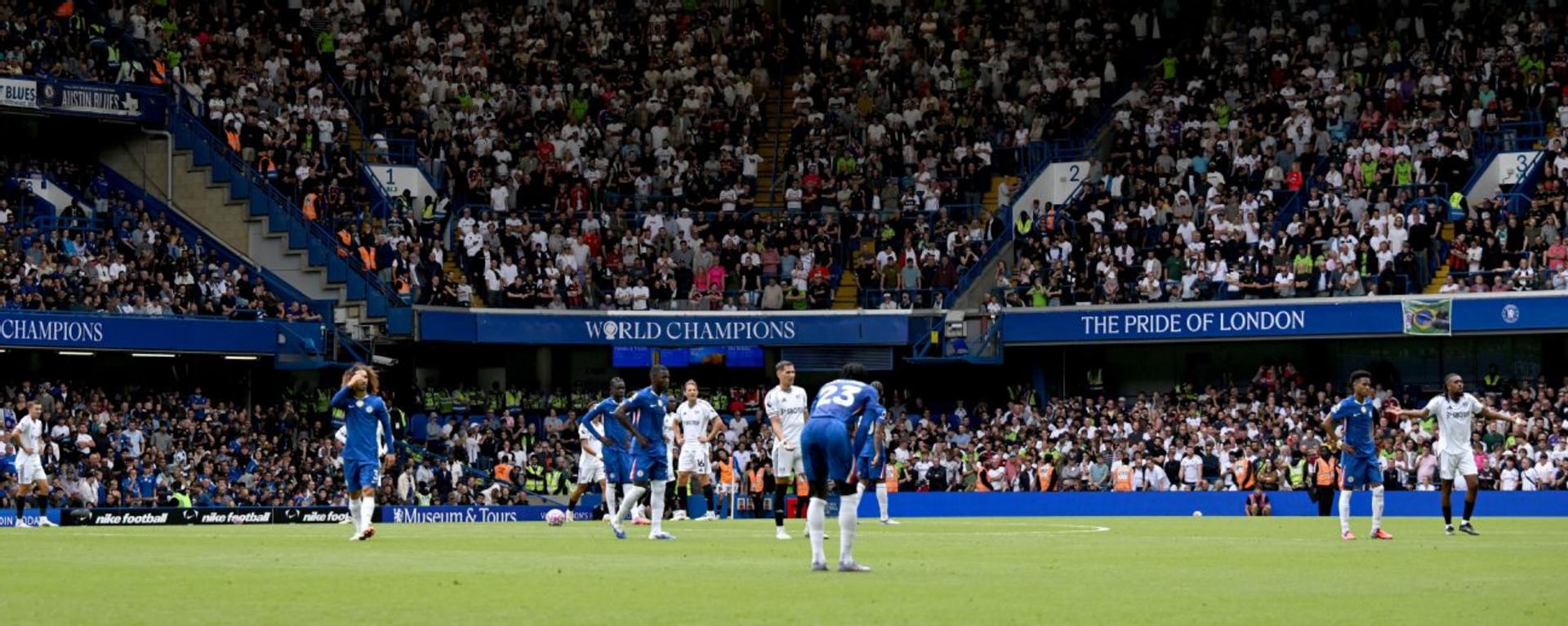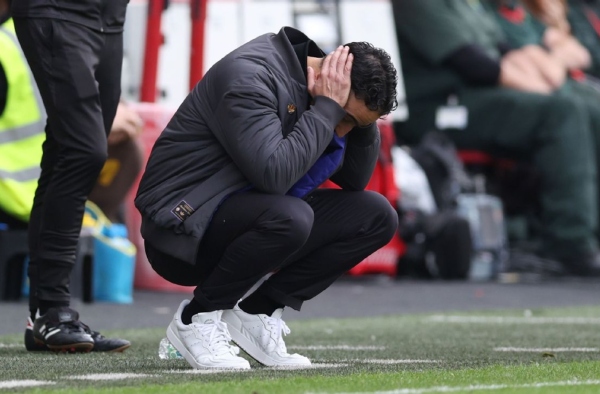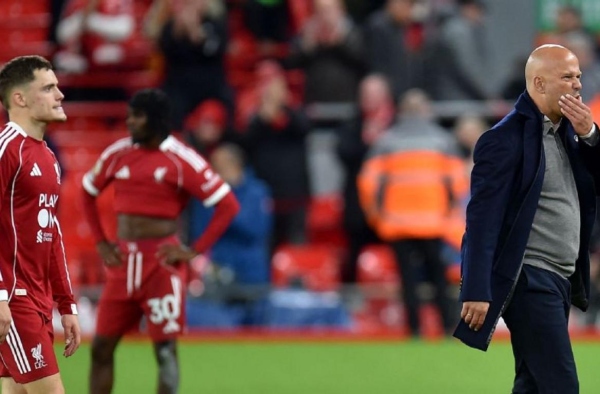Refs Chief Admits VAR Decision Mistake in Chelsea-Fulham Clash
In a rare and candid admission, Howard Webb, the head of referees in English football, publicly acknowledged that a critical Video Assistant Referee (VAR) decision during the Premier League match between Chelsea and Fulham was incorrect. This marks a significant moment in Premier League officiating, highlighting ongoing debates around the use of VAR technology in football.
The Incident in Question
The controversy arose during the tightly contested London derby between Chelsea and Fulham. A decision made by the on-field referees, assisted by VAR, was initially upheld to disallow a pivotal goal or penalty (depending on the specifics), which many observers believed was an error that potentially influenced the outcome of the match.
Howard Webb, who oversees referee performance and VAR protocols in English football, reviewed the incident and concluded that the VAR process had failed to properly intervene or correct the call made on the pitch. His statement underscored the importance of transparency and accountability in the implementation of VAR technology.
Impact on Chelsea-Fulham Match and Premier League
The decision has sparked widespread debate among fans, players, and pundits. Chelsea and Fulham supporters expressed mixed reactions, with some feeling aggrieved by what they considered a miscarriage of justice. The incident has reignited discussions about whether VAR, introduced to reduce refereeing errors, sometimes creates more confusion and controversy.
Webb’s admission is notable because officials rarely publicly concede errors in such high-profile matches. This unusual step demonstrates a growing willingness within football’s governing bodies to address VAR shortcomings and seek improvements in refereeing decisions.
What’s Next for VAR in English Football?
The Premier League and the Football Association are under pressure to refine their VAR protocols. Suggestions include enhanced training for officials, quicker decision-making processes, and clearer communication with fans and teams during matches. Howard Webb’s acknowledgment of the Chelsea-Fulham VAR error serves as a catalyst for these reforms.
Many believe that while VAR has brought some positive changes, it is still a work in progress requiring continuous adjustments to ensure fairness and integrity in football.
Reactions from Stakeholders
- Chelsea and Fulham: Both clubs have urged for improved consistency and accuracy in officiating, emphasizing the need for VAR technology to support rather than undermine the game.
- Players and Managers: Mixed opinions surfaced, with some calling for VAR to be completely overhauled, while others accept its necessity but want enhanced reliability.
- Fans and Media: The incident has renewed skepticism over VAR’s capability to eliminate controversy and has led to calls for more transparency in decision-making.
Conclusion
The Chelsea-Fulham VAR incident, coupled with Howard Webb’s frank admission of error, has brought the ongoing challenges of officiating in modern football into sharp focus. While VAR remains a key tool designed to assist referees, its current implementation faces criticism. Moving forward, improvements are essential to restore faith among fans, players, and clubs alike, ensuring that the spirit of the game is upheld with fairness and clarity.
Image courtesy by www.espn.com



